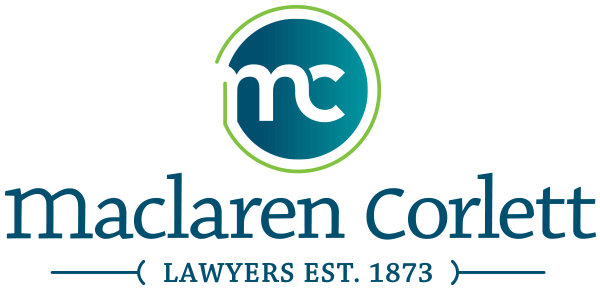So You’ve Been Appointed an Estate Trustee (aka Executor), Now What? – Part 6
Reminder: this series of blog posts assumes the deceased died with a Will. Also, keep in mind that the normal caveat applies: this information only applies to estates administered in Ontario and should be used as a guide only! Speak with a lawyer about your specific situation, as every case is different.
You’re almost done! The estate is being administered and the taxes have been taken care of. You’ve applied for a Clearance Certificate from the Canada Revenue Agency (CRA) and have finally received it (this can take a few months to process). What’s left to do?
At this point, you should have money left over from what you held back in the estate to pay any taxes owing (see Part 5 of this series). There should also be money left in the estate to pay any accountants’ fees and legal fees that might still be owed (see Part 3 of this series). Now, the final step is to ensure that all of the estate’s bills and accounts are paid in full, before you distribute any remaining funds to the beneficiaries. My recommendation is to get a final bill from both the accountant and your lawyer, before you begin the process of any last distribution to the beneficiaries.
Just like the previous distributions to the beneficiaries, this final distribution should be accompanied by a Receipt and Release document, which the beneficiary signs, acknowledging receipt of the funds and releasing you, as Estate Trustee, from all further liability in relation to that distribution. While we say that this document should ‘accompany’ the distribution, in reality the beneficiary should sign this document before they actually receive the funds themselves. The only difference between the previous release document(s) and this final distribution’s document is that this time, the document they sign will be a Final Release, releasing you, as estate trustee, from all liability regarding the distribution of the estate and acknowledging that they, the beneficiary, have received their full percentage share of the estate, as described in the Will and as evidenced by your estate accounting (see Part 4 of this series).
Once that final distribution has been made, the bills have been paid, and the estate account has a balance of zero and can be closed, your job as estate trustee is complete!
As noted throughout this blog series, an estates lawyer, as well as an accountant, will be valuable assets to any estate trustee throughout this process. Consult with them, involve them early and most importantly, keep detailed records of your actions and transactions as estate trustee from the very start. If you follow those tips, barring any unforeseen complications, your role as estate trustee should progress smoothly.



